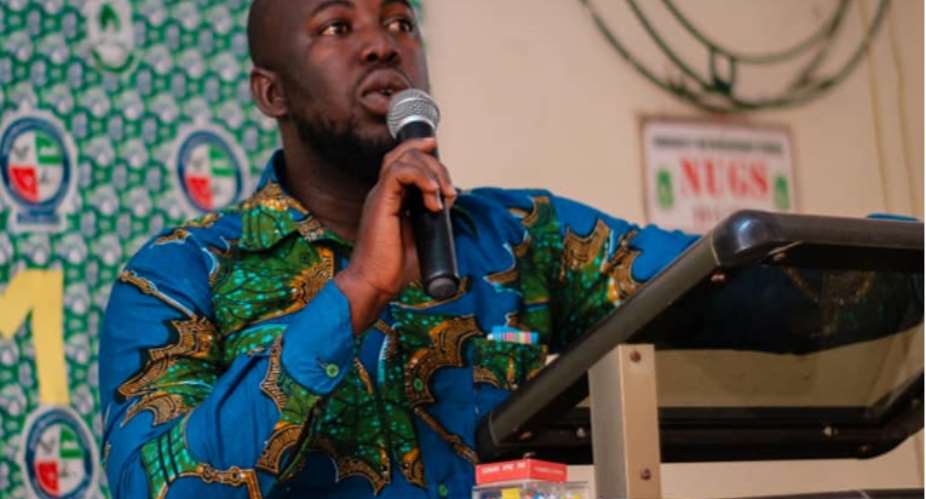In Ghana, gender remains a critical issue confronting our social, political, economic, and cultural settings. While we have greater of our population being females, they have not been fairly represented in all settings of our society. It must be noted that significant progress has been made in terms of the Millennium Development Goals MDG 3 concerning gender equality and equity, much is still desired.
The failure of government over the years and current administration to commit to the Affirmative action bill is worrying. The attempts by the political parties to woe women voters in choosing female running mates or electing female parliamentary candidates is not enough. Although is a strong indication of inclusion, however, the government needs to quickly make reforms and to support the course of women empowerment and participation in our democratic process.
A review of the Local Government Act of 1993 (Act 462) would enable the government in consultation with traditional authorities to nominate 70% of the 30% of the elected members as women in the various Metropolitan, Municipal and District Assemblies. We must begin to empower women so much that, they would have the chance to speak for their colleague women as they appreciate their true feelings.
The current practice of nominating 30% of elected members as government appointees to the various MMDAs is highly unfortunate. Most often ruling party sympathizers are often selected to do the bidding of their party. The main purpose of appointing 30% of experts into the assembly has indeed been defeated since it has become too partisan. We must, therefore, be innovative with the idea and rather focused on appointing competent women into the various MMDAs. If this is not innovative enough, then it is better to scrap it off. Women deserve better and therefore their participation should be critical.
Though some are highly competent, the focus is always on the men who have dominated the general assembly membership election. It is high time we truly build an inclusive society and given the marginalized group and the opportunity to be part of the governance process. It feels we are being dishonest in our country and not focusing on the basic level of our democratic institutions. Women's participation should not only be appreciated in parliament and on a ministerial appointment, but grassroots participation is even more critical.
Emphasis should be placed on some women groups such as persons with disabilities. Remember, the District Assembly Common Fund (DACF) has a quota for supporting Persons with Disabilities, so their representation in the assembly would enhance accountability and confidence in our institutions.
Author; Tahiru Lukman
Youth Activist, Dev't Consultant & Pan- African Author
Email: [email protected]
Tel: 0209154057 / 0551018778





 SSNIT must be managed without gov’t interference – Austin Gamey
SSNIT must be managed without gov’t interference – Austin Gamey
 Ejisu by-election could go either way between NPP and independent candidate — Gl...
Ejisu by-election could go either way between NPP and independent candidate — Gl...
 We never asked ministers, DCEs to bring NPP apparatchiks for returning officer r...
We never asked ministers, DCEs to bring NPP apparatchiks for returning officer r...
 No one denigrated the commission when you appointed NDC sympathizers during your...
No one denigrated the commission when you appointed NDC sympathizers during your...
 Used cloth dealers protests over delayed Kumasi Central Market project
Used cloth dealers protests over delayed Kumasi Central Market project
 A/R: Kwadaso onion market traders refuse to relocate to new site
A/R: Kwadaso onion market traders refuse to relocate to new site
 Dumsor: Corn mill operators at Kaneshie market face financial crisis
Dumsor: Corn mill operators at Kaneshie market face financial crisis
 Jamestown fishermen seek support over destruction of canoes by Tuesday's heavy d...
Jamestown fishermen seek support over destruction of canoes by Tuesday's heavy d...
 Election 2024: EC to commence voter registration exercise on May 7
Election 2024: EC to commence voter registration exercise on May 7
 Western Region: GWL hopeful of restoration of water today in Sekondi-Takoradi
Western Region: GWL hopeful of restoration of water today in Sekondi-Takoradi
